Food and Beverages Association describes PURC’s planned tariff hikes as “anti-business and unsustainable”
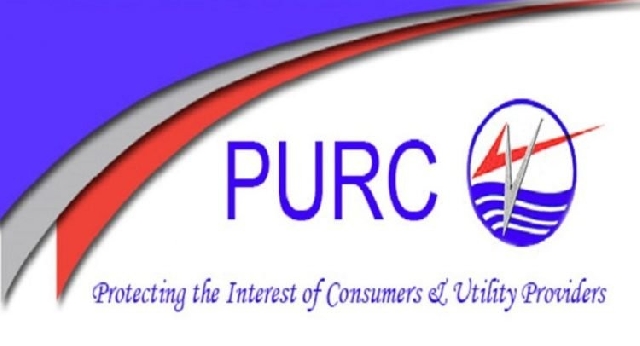 PURC logo
PURC logo
The Food and Beverages Association of Ghana (FABAG) has strongly criticised the Public Utilities Regulatory Commission (PURC) over its plans to increase electricity tariffs next year, describing the move as “anti-business, anti-growth, and fundamentally flawed.”
In a joint statement issued in Accra and signed by the Association’s leadership, FABAG — in partnership with the Ghana Union of Traders Association (GUTA) and the Ghana Plastic Manufacturers Association — expressed outrage at what it called the PURC’s “persistent attempts to raise tariffs through nationwide stakeholder engagements,” warning that such actions threaten the survival of Ghanaian businesses.
According to the Associations, the current electricity pricing regime has become a major obstacle to industrial growth and competitiveness, pushing many enterprises — particularly small and medium-sized manufacturers — to the brink of collapse.
“The skyrocketing cost of electricity in Ghana is not just unsustainable, but it is anti-business and anti-growth,” FABAG stated.
“Tariffs are crushing competitiveness and creating fertile ground for illegal connections and power theft.”
The statement further accused the electricity sector of inefficiency, mismanagement, and corruption, arguing that “honest businesses and citizens are paying the price for systemic losses.”
FABAG warned that the situation is fueling a rise in illegal power connections as businesses struggle to cope with rising operational costs.
“When electricity becomes unaffordable, it becomes a target for illegal access.
We are fast creating a society where honest business owners are punished while defaulters and illegal users thrive,” the Association cautioned.
FABAG also highlighted the disproportionate impact of high electricity tariffs on energy-intensive sectors such as manufacturing, cold storage, and food processing, noting that these industries are the backbone of local production and employment.
“The pricing structure discourages local manufacturing and makes imports even more attractive,” the statement read.
“How can Ghana talk about industrialisation when the very foundation of industry — power — is being misused?”
The Association called on the government and the PURC to reconsider any planned tariff increases, urging them instead to prioritise efficiency reforms, transparency, and policies that promote sustainable energy pricing for businesses and households alike.
The statement concluded by reaffirming FABAG’s commitment to working with government and industry stakeholders to ensure that Ghana’s power sector supports, rather than stifles, economic growth.
Source: Classfmonline.com/Cecil Mensah
Trending Business

GIHOC Distilleries demands retraction and apology from Joy News over erroneous reportage
13:00
It took NLA 9 years to generate GHS 3.065 billion -Razak Kojo Opoku to Fourth Estate
10:49
Mozambique studies Ghana’s Goldbod model amid gold market reforms
03:53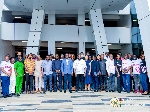
Energy Minister commends BOSTEnergies for strategic reforms and commitment to fuel security
03:16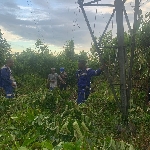
Damaged 161kV Aboadze–Tarkwa transmission line under repair-Energy Ministry
03:09
Cashew farmers urge gov't to intervene to save industry
18:01
Ghana needs strong gov't support to boost rice production — IFS
15:57
DVLA engages stakeholders ahead of new vehicle licence plate rollout in 2026
13:22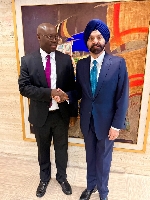
Finance Minister, World Bank discuss strategic support for Ghana’s economic growth
12:23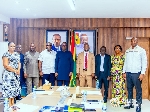
Energy Minister charges NEDCo board to tackle key challenges
12:26




